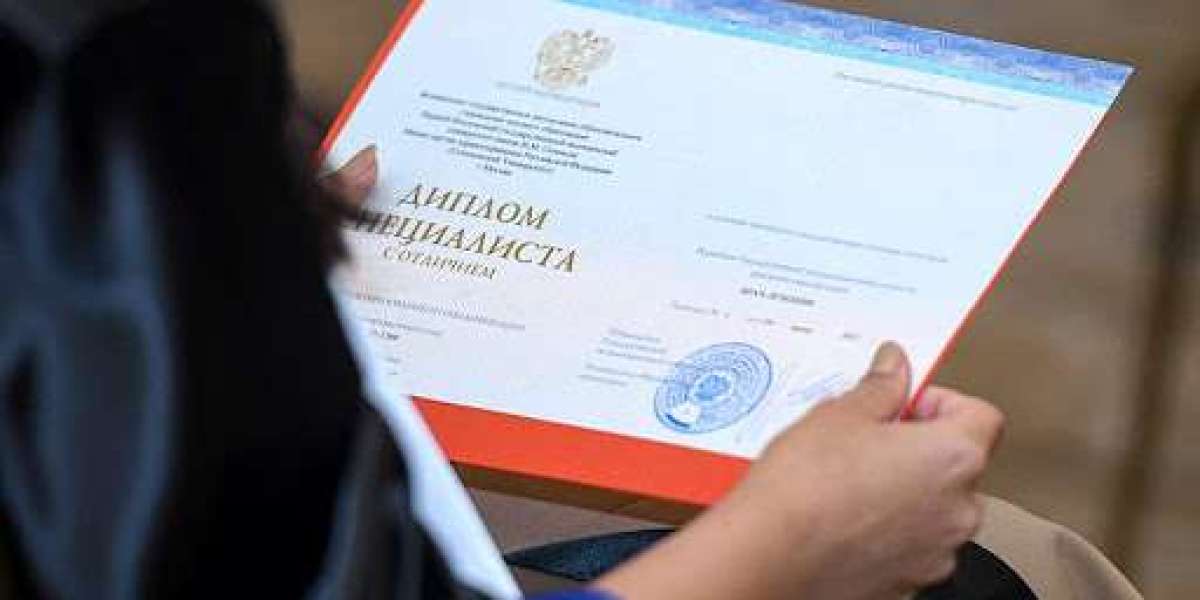Introduction
Trespassing charges can be a serious legal issue that may result in various consequences, depending on the circumstances and the jurisdiction in which the offense occurs. Union County, like many other regions, has its own set of laws and penalties regarding trespassing. If you find yourself facing trespassing charges in Union County, it's essential to understand your rights, the potential consequences, and what steps to take next. This article will provide you with a comprehensive guide on how to handle trespassing charges in Union County.
Understanding Trespassing Laws in Union County
Trespassing laws in Union County, New Jersey, are designed to protect property owners and their rights. Trespassing generally involves entering or remaining on someone else's property without their permission. It can be categorized into two main types: criminal trespass and defiant trespass.
Criminal Trespass: Criminal trespass occurs when an individual knowingly enters or remains on someone else's property without permission and with the intent to commit a crime. This is considered a disorderly persons offense in Union County, and penalties may include fines, probation, or even jail time.
Defiant Trespass: Defiant trespass occurs when someone enters or remains on another person's property after being explicitly told not to do so. It is typically charged as a petty disorderly persons offense, carrying lesser penalties than criminal trespass.
Steps to Take When Facing Trespassing Charges
Seek Legal Representation: If you are facing trespassing charges in Union County, it's crucial to consult with an experienced criminal defense attorney immediately. A Union County trespassing lawyer can help you understand the charges against you, your legal rights, and potential defense strategies.
Gather Evidence: Work closely with your attorney to gather evidence that supports your defense. This may include witness statements, photographs, or any other relevant documentation that can help establish your innocence or mitigate the charges.
Review the Circumstances: Your attorney will review the circumstances of your case to determine if any constitutional rights were violated during your arrest. If there were any procedural errors or misconduct, this may be grounds for dismissal or reduction of charges.
Engage in Plea Bargaining: In certain instances, your lawyer may initiate negotiations with the prosecution. This may result in reduced charges or a more favorable resolution. Your attorney will provide guidance tailored to your particular case.
Prepare for Trial: If a plea bargain is not possible or not in your best interest, your attorney will prepare your case for trial. This includes selecting a jury, presenting evidence, and making arguments in your defense.
Consequences of Trespassing Convictions
The consequences of a trespassing conviction in Union County can vary depending on the severity of the offense, your criminal history, and other factors. Some potential consequences may include:
Fines: Trespassing convictions often result in fines, which can range from hundreds to thousands of dollars, depending on the offense.
Probation: You may be placed on probation, requiring you to adhere to certain conditions, such as attending counseling or community service.
Jail Time: In more severe cases, especially with criminal trespass charges, you may face jail time. The duration of the sentence will depend on the specific circumstances of your case.
Criminal Record: A trespassing conviction can lead to a permanent criminal record, which can affect future employment, housing, and other opportunities.
Conclusion
Trespassing charges in Union County should not be taken lightly, as they can have significant legal and personal consequences. If you find yourself facing such charges, it's essential to seek legal representation, gather evidence, and explore your options with the guidance of an experienced attorney. Understanding your rights and the legal process can help you navigate this challenging situation and work toward the best possible outcome for your case.










